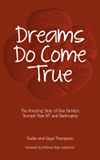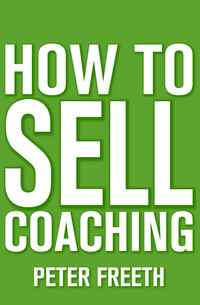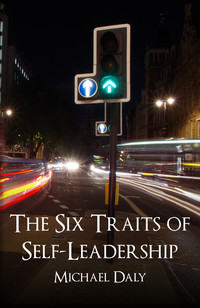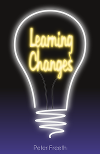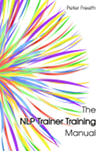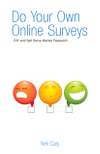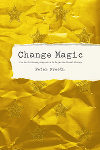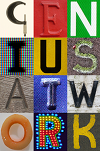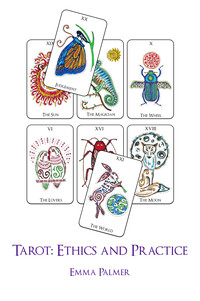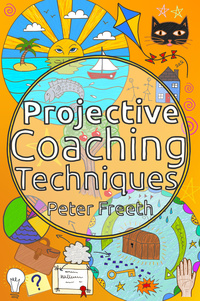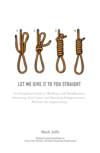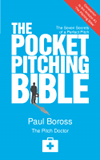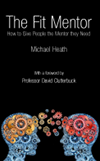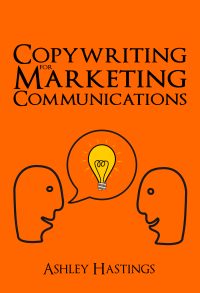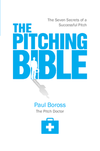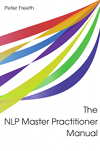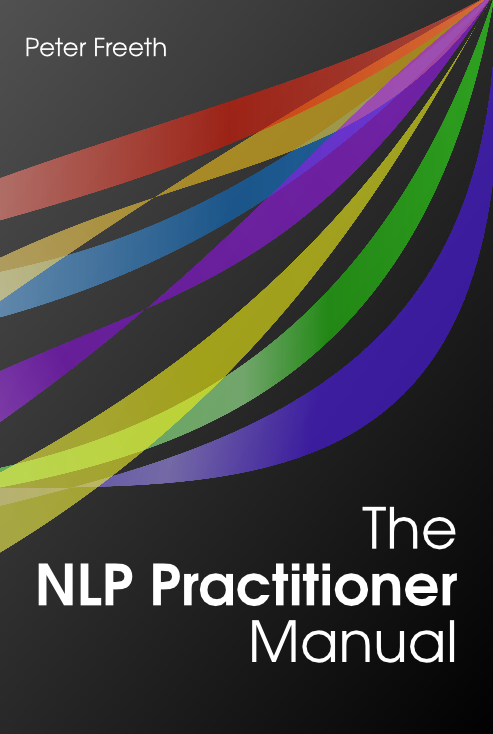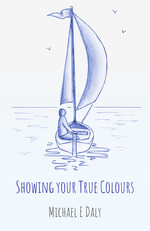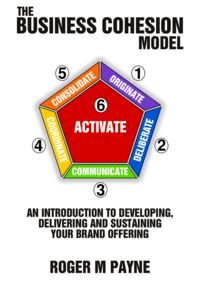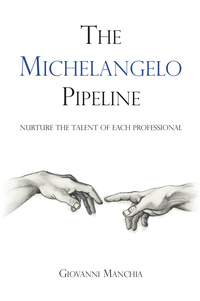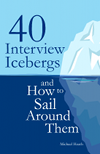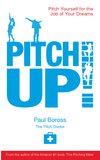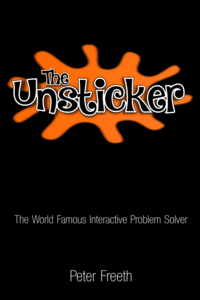A book is something sacred and special.
Tens of thousands of years ago, only priests and royalty had access to the written word, in Sanskrit, Hieroglyphics, Cuneiform, papyrus scrolls, even cave paintings. Knowledge could be passed from generation to generation, but only by the select few who were taught the written word.
Perhaps you can remember the pleasure of being read to as a child, or you can remember your favourite childhood story books. Perhaps you can remember learning to read and write at school. It’s easy to think that every child today has the opportunity to learn this basic skill, and according to UNESCO, 81% of the world’s population is literate, yet in some countries, only 25% of the population can read and write. It is something that anyone can learn, but it is not an automatic privilege.
In developed countries such as the UK, USA, Australia and most of Europe, 99% of the population is literate. To put this in perspective, one or two of the other children in your year at school could not read and write. In the UK, with a population of around 60 Million, that means that 600,000 people cannot read and write. That’s more than the entire population of the British county of Cornwall.
The advent of the printing press made books available to more people, and the evolution of technology, from lithographic presses through to today’s digital printers, has made books more and more readily accessible for a wider audience.
Even so, the roots of books, in our history and in our own lives, make a book something precious and valuable, and to write a book confers a status and credibility that is unparalleled.
A book has to have its own worth and must stand on its own merit. To write and publish a book, it has to be good enough for someone to want to read it. Just to have a book confers a superficial level of credibility, but only a good book will receive the praise from its readers that leads to word of mouth sales and a true following for the book and its author.
If you want to express the book that is inside you, waiting to get out, then a good publisher will help you to shape your ideas and create something that you will be proud of and your readers will love.
As an author, your words connect you with your readers through space and time. Even though they may share in your ideas, many thousands of miles away and years in the future, that connection is very much in the here and now.
People have their favourite books and favourite authors. Every serious Sunday newspaper has a literature section. Annual literature festivals and high profile prizes recognise the contribution made by authors to our heritage and to our civilisation.
And all of this together means that, as an author, you will become part of that heritage and pass your valuable life experiences on to new generations.

